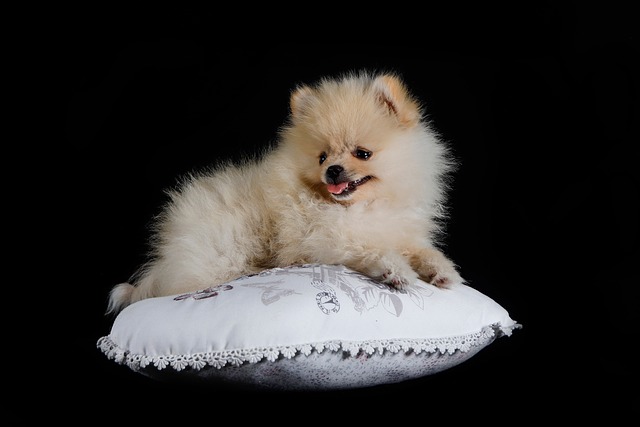
How do i train my dog to be obedient?
Watching your dog dart across the park ignoring your calls isn’t just frustrating—it can put them at risk near busy streets or public spaces.
Picture your new Boston Terrier puppy, Luna, gleefully sinking her razor teeth into your hand during playtime – what feels like cute nibbling today becomes painful biting tomorrow. This universal "land shark" phase isn’t aggression; it’s natural teething and exploration. But left unchecked, it escalates. Understanding why is key: Puppies use their mouths like hands, testing boundaries and soothing sore gums as adult teeth erupt (around 12-16 weeks). Your reaction shapes lifelong habits.
Here’s how to redirect safely using positive reinforcement training. When teeth touch skin, instantly say "OUCH!" in a high-pitched yelp (mimicking littermates), then freeze and ignore Luna for 10 seconds. This teaches bite inhibition – that human skin is fragile. Never jerk your hand away; it triggers chase instincts. Instead, offer an approved chew: frozen washcloths, Kongs stuffed with peanut butter, or rubber teething rings. Keep one in every room! When she chews correctly, shower praise. For persistent biters during walks, carry a tug toy – redirect mid-lunge before teeth connect. Consistency is non-negotiable: every family member must respond identically. If overstimulated, enforce a 15-minute nap in her crate (never as punishment) – overtired pups bite hardest.

Now, apartment realities. In your 500sq ft NYC unit? Manage space: use baby gates to separate Luna during zoomies. When she bites visitors’ ankles, calmly leash her to a tethered bed with a chew – explaining "she’s learning" prevents guest panic. Post-redirection potty breaks? Even at midnight, leash laws apply. Scoop immediately with compostable bags (required in Austin; $350 fines exist!). If Luna bites her leash during walks, stop moving until she releases – pushing forward rewards the behavior.
Critically, ethical responses matter. Shouting, alpha rolls, or tapping noses are abusive and illegal in places like Germany. Instead, build trust: if Luna mouths during grooming, smear yogurt on the brush for positive associations. Puppy bite inhibition relies on patience, not pain. Remember legal foundations: Luna can’t join group puppy socialization classes until completing her DHPP vaccine series (typically at 16 weeks). Until then, invite vaccinated dog friends over for controlled playdates – supervised interactions teach gentle play.
By pairing teething toy solutions with structured puppy bite inhibition techniques, you’ll transform Luna from piranha to polite companion in weeks. Those shredded jeans? Temporary battle scars. The reward? A dog who gently takes treats from your fingers – because you taught her human skin deserves velvet respect.

Watching your dog dart across the park ignoring your calls isn’t just frustrating—it can put them at risk near busy streets or public spaces.

New puppy owners often find themselves rushing to clean up accidents before they set in, and that’s where puppy pad training becomes a game-changer.

If you've noticed your dog's waistline disappearing and your veterinarian has mentioned those few extra pounds, your first instinct might be to simply reduce the amount of food in their bowl.

Training a dog to use a designated spot indoors isn’t as daunting as many new owners fear, but it does take consistency and an understanding of your pet’s needs.

That moment of dread on a walk is all too familiar for many new dog owners. You see another dog approaching down the sidewalk of your neighborhood

If the sight of another dog on your neighborhood walk makes your heart sink as your own dog erupts into a frenzy of barking and lunging, you're not alone.